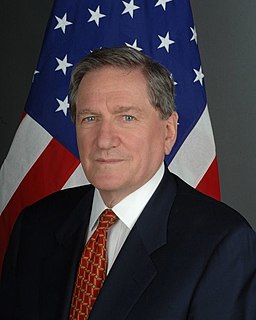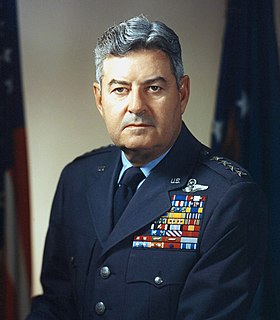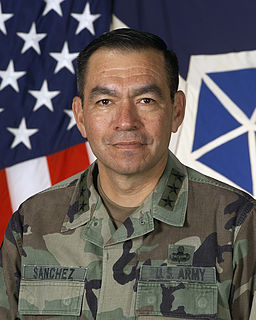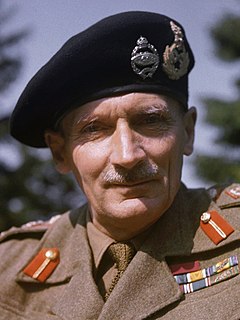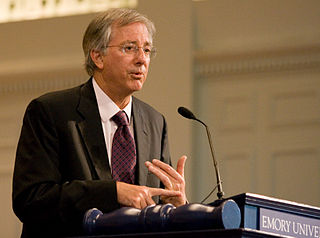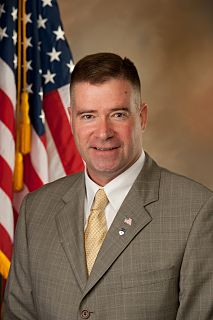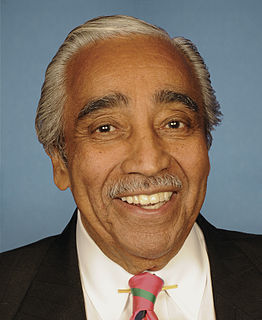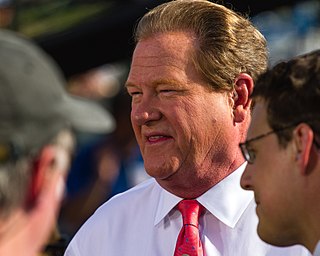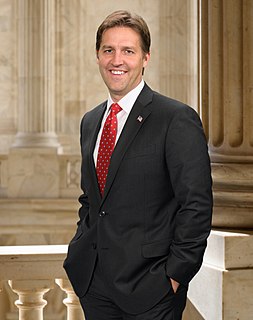A Quote by Richard Holbrooke
People in uniform are not sacrosanct. They don't have all the answers. The use of force is a political decision at its core, in terms of its objectives; then the military, as the experts, must be brought in to tell you how to do it.
Related Quotes
The most fundamental paradox is that if we're never to use force, we must be prepared to use it and to use it successfully. We Americans don't want war and we don't start fights. We don't maintain a strong military force to conquer or coerce others. The purpose of our military is simple and straightforward: we want to prevent war.
Radical groups can become legitimate political players in the democratic process if they accept core democratic principles and abandon the use of force as a political tool. Or they can maintain armed terrorist militias in order to threaten their neighbors and intimidate their people. The international community should not allow them to do both.
The libertarian approach is a very symmetrical one: the non-aggression principle does not rule out force, but only the initiation of force. In other words, you are permitted to use force only in response to some else's use of force. If they do not use force you may not use force yourself. There is a symmetry here: force for force, but no force if no force was used.
The use of our military in combat should first require declaration of war. I have long called for reinstating the military draft, simply because I believe strongly that a national decision to go to war must also include a broad commitment to share its burdens. Whenever Congress decides to fund a war or other U.S. combat activities, it must provide a means to pay for it-then and there-not later. If we don't have the will to fully share the burdens of war, then we have no right to send our sons and daughters into harm's way.
I don't understand what the president's [Donald Trump] position is on Russia. But I can tell you what my position is on Russia: Russia is a great danger to a lot of its neighbors, and [Vladimir] Putin has as one of his core objectives fracturing NATO, which is one of the greatest military alliances in the history of the world.
